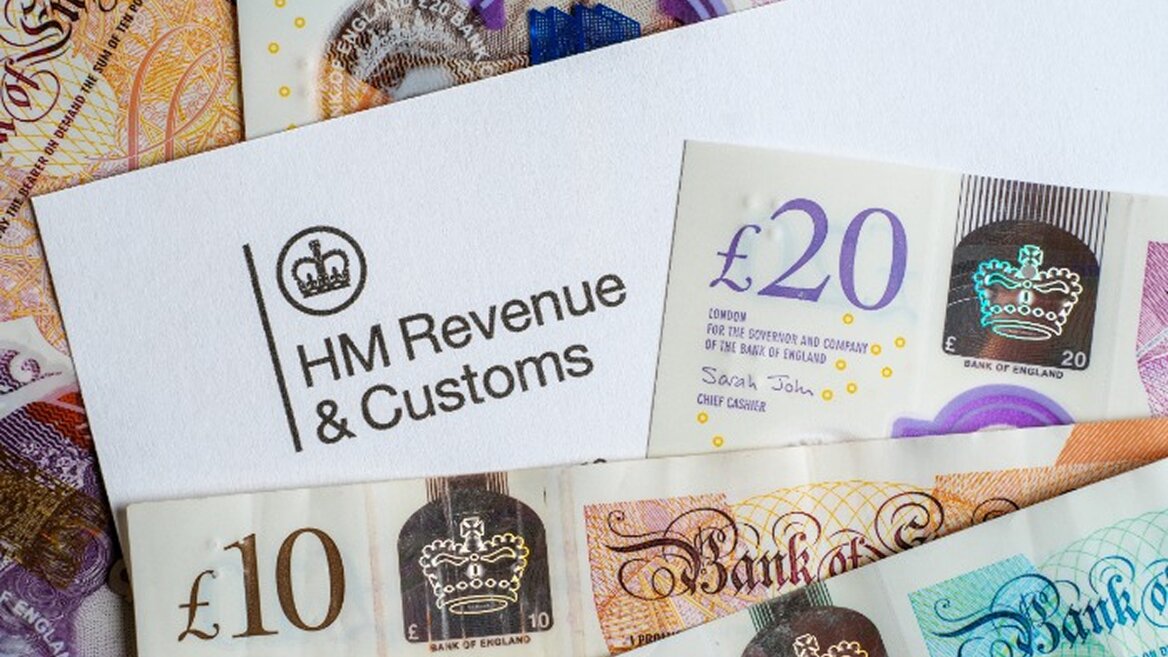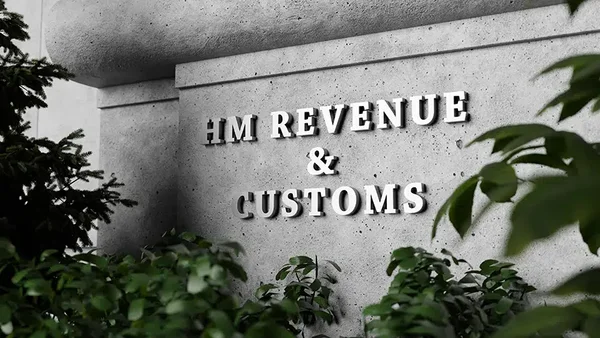HMRC Confirms AI Monitors Social Media in Criminal Tax Probes
For the first time, HMRC has publicly admitted it uses artificial intelligence to monitor taxpayers’ social media posts, but only as part of criminal tax investigations. The tax authority says the tools are used to cross-check online activity against financial data, tax returns, and spending habits, with “robust safeguards” and legal oversight in place.
Posts showing luxury holidays, high end purchases, or lifestyles inconsistent with declared income can trigger further investigation. HMRC insists the AI technology does not replace human decision-making and is deployed only in serious cases.
However, senior MPs are warning against the dangers of relying too heavily on automated systems. Concerns range from potential errors to the risk of an AI-driven “Horizon Post Office-type scandal” if human oversight is diminished.
The move forms part of a wider government push to close the UK’s £46.8bn tax gap, with Labour targeting an extra £7bn in recovered taxes through advanced analytics and automation.
How HMRC Uses AI Today
HMRC says AI is currently applied only in criminal cases involving suspected tax evasion. It works alongside Connect, the department’s powerful data matching system that analyses billions of data points from sources including banks, property records, and even flight data.
The AI element focuses on identifying red flags faster, helping investigators prioritise cases. HMRC stresses that humans always have the “final say” and that any AI findings are checked by compliance officers before action is taken.
The Connect System’s Role
Launched over a decade ago, Connect is described as being “at the core” of HMRC’s investigations. It cross-references tax returns with third-party data to uncover undeclared income, hidden assets, or suspicious financial patterns.
While Connect has always relied on human analysts, AI now accelerates the process, enabling investigators to scan through massive datasets more efficiently. Critics say the system’s reach into personal data makes transparency and accountability more important than ever.

Political Concerns and Safeguards
Conservative MP Bob Blackman has warned: “If they suddenly start taking legal action against individuals based on that, it seems draconian and very challenging, to put it mildly.”
Former security minister Sir John Hayes has also voiced scepticism, warning that: “The idea that a machine must always be right is what led to the Post Office scandal.” Both stress the need for checks, balances, and human judgement in tax enforcement decisions.
Expanding AI Beyond Criminal Cases
Internal HMRC plans suggest AI will become part of “everyday” tax processes. Potential uses include issuing automated “nudge” messages to taxpayers whose returns appear inaccurate, based on patterns identified in past cases.
Two new AI “assistants” are already in operation:
- Public-facing tool – Guides taxpayers through returns and warns if information appears incorrect.
- Compliance officer tool – Helps HMRC staff sift through data for anomalies or suspicious trends.
Both are designed to speed up investigations but are still subject to human review.
Legal Challenge and FOI Tribunal
The public admission follows a legal battle triggered by a Freedom of Information request from tax expert Tom Elsbury in December 2023. He suspected AI was being used to assess applications for R&D tax credits.
HMRC refused to disclose details, a decision backed by the Information Commissioner’s Office. However, in a recent ruling, a tribunal ordered the government to confirm the scope of AI use by 18 September 2025.

Wider Government AI Adoption
The Department for Work and Pensions has also tested AI across 20,000 civil servants, using it to draft documents and summarise meetings. Officials claim such technology frees staff from admin and allows more focus on complex work.
Government insiders say similar AI projects could target offshore tax evasion and high value fraud cases, though ministers acknowledge the risk of mistakes.
Conclusion
HMRC’s first official confirmation of AI use in social media monitoring has reignited the debate over privacy and automation in tax enforcement. While the technology is currently limited to criminal cases and under legal oversight, plans to integrate AI into everyday processes have raised alarms among MPs and privacy advocates.
With a tribunal ruling requiring HMRC to disclose more by 18 September 2025, the coming months may bring greater clarity, and more heated discussion about the balance between effective tax collection and civil liberties.











